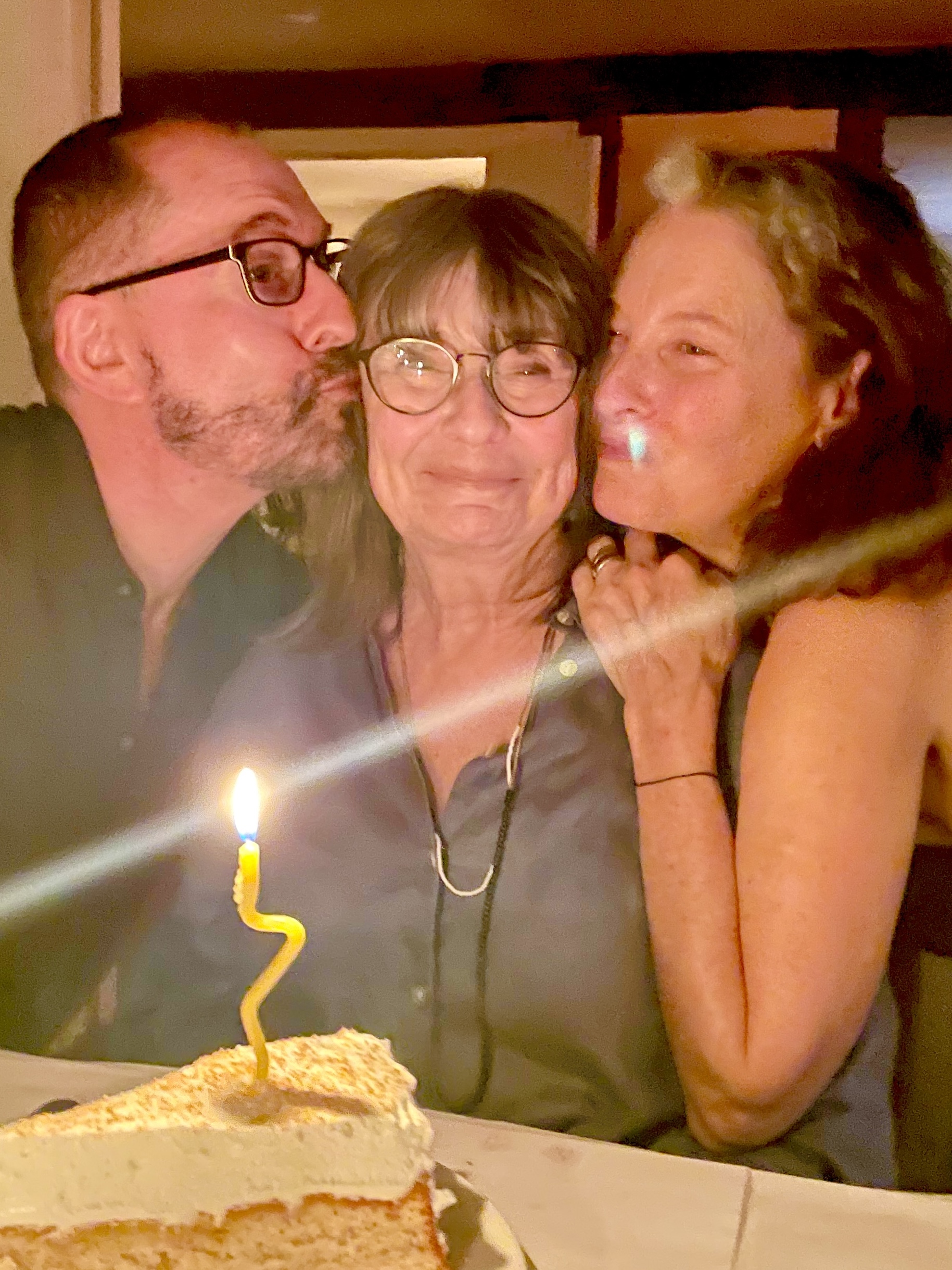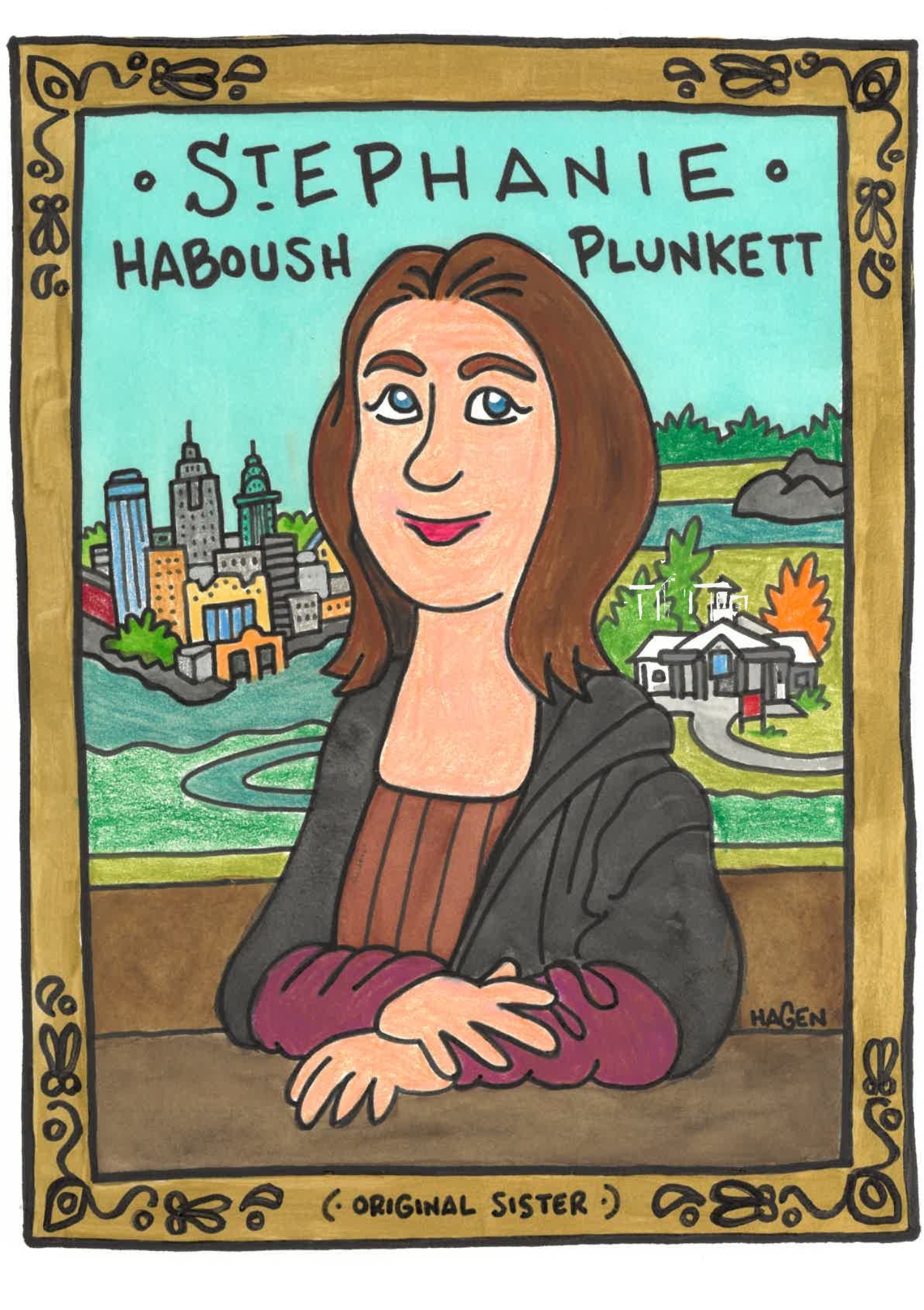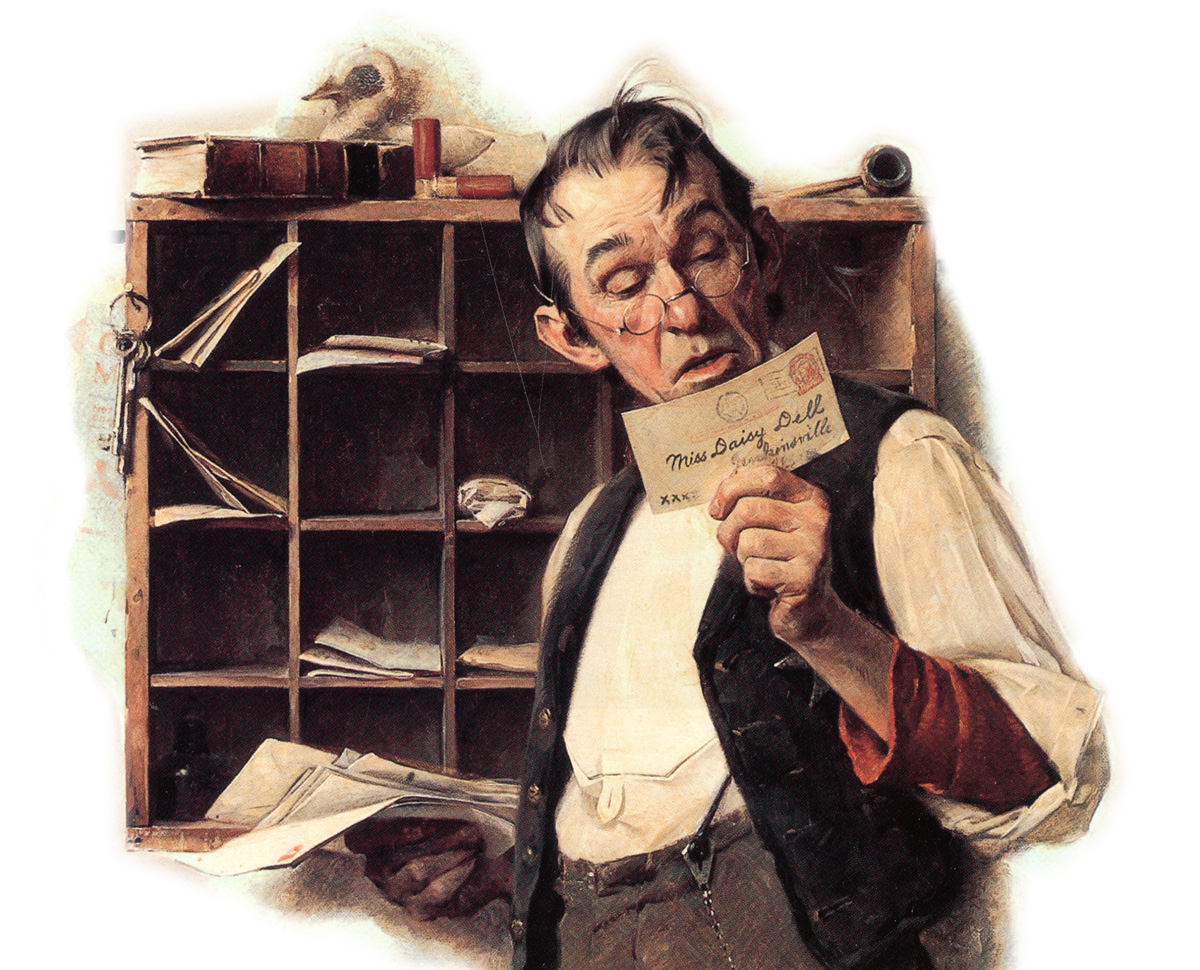CURRENT EXHIBITIONS

Beverly Reich
Submitted by Randall de Seve
Who is YOUR “Original Sister?”
Think of a woman you admire who has made a difference in the world or who has had a significant impact on your own life. They might be well-known or simply someone you know or know about. Make a piece of art that represents the woman you chose. Draw a picture, select a favorite photo of them, use objects to create a symbolic portrait, or be creative and come up with your own way to celebrate them. Send us your submission to be included in the exhibition by taking a photo of your completed artwork or image you would like to submit and email it to: learn@nrm.org or click the button below.

Stephanie Haboush Plunkett
Submitted by David Hagen
EVENTS | VIEW ALL
NEWS | VIEW ALL
ONLINE SYMPOSIUM: Illustration and Race: Rethinking the History of Published Images
Zoom Webinar (online) Friday, September 23 and Saturday, September 24, 2022
Jeanne Steig
Norman Rockwell Museum is saddened to share news from the Steig family, that Jeanne Steig has died, peacefully, in her sleep, during the early morning hours of July 26, 2022, at the age of 92. Author, artist, and donor, Jeanne Steig was a dear friend to the Museum; and leaves a legacy of art to be enjoyed by future generations thanks to her incredible contribution of a collection of over 6,000 original artworks works by her husband, the legendary illustrator, author, and cartoonist William Steig.
Latest Media
Land Acknowledgement
It is with gratitude and humility that we acknowledge that we are learning, speaking and gathering on the ancestral homelands of the Mohican people, who are the indigenous peoples of this land on which the Norman Rockwell Museum was built. Despite tremendous hardship in being forced from here, today their community resides in Wisconsin and is known as the Stockbridge-Munsee Community. We pay honor and respect to their ancestors past and present as we commit to building a more inclusive and equitable space for all.











